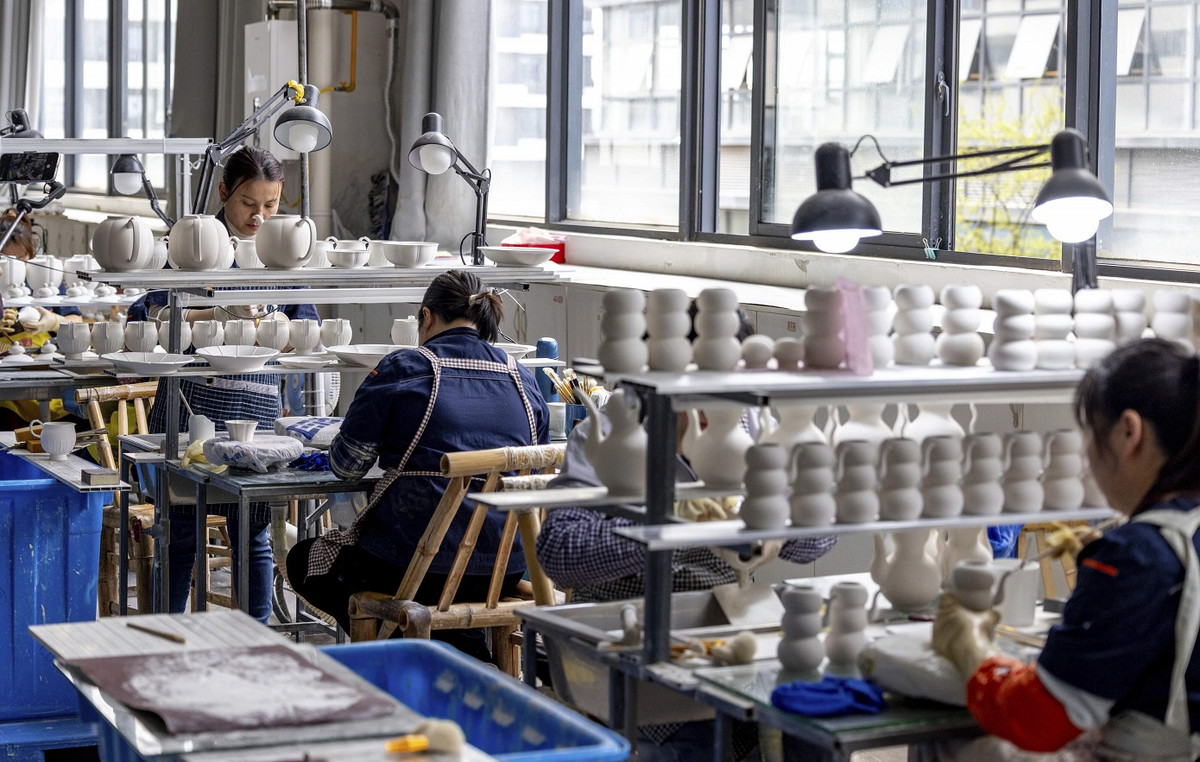In Europe today, even if the number of female graduates exceeds that of men, only one in three STEM graduates is female. Women occupy just 22% of all technology jobs in European companies, despite technology driving much of the innovation and growth in today’s world.
And it is a great missed opportunity. According to an analysis by McKinsey, an international management consultancy, if Europe could double the share of women in the technology sector to around 45% (3.9 million more women) by 2027, could benefit from an increase in GDP from 260 to 600 billion euros.
On the other hand, according to the data of the latest edition of the State of Science Index of 3M – multinational that deals with innovation, research and production all over the world – 78% of respondents in Italy believe that women are a source of untapped potential in the STEM workforce.
“Governments, businesses and individuals around the world are facing major societal challenges, including climate change, the economic downturn and the digitization of nearly every aspect of our lives. In this context, there is a tendency to relegate diversity, equity and inclusion and to treat them as secondary issues: they are not at all», explains Mariagrazia Perego, Diversity & Inclusion Advocate of 3M. “Addressing these challenges described depends on human ingenuity and the union of exceptional talents with scientific, technological, engineering and mathematical skills capable of creating solutions and improving them. However, the number of STEM talent entering the workforce is not enough. Women, especiallyare a significantly underrepresented part of the workforce and, more importantly, an untapped source of potential to close the talent gap.
But why do women continue to remain marginalized and underrepresented? “Definitely, the dissonance begins in educational contexts, where girls are not encouraged to follow science subjects, nor are they surrounded by female role models,” continues Perego. “If STEM activity is discouraged at the school level, it is clear that it will not be considered a viable career option.”
Today (February 11) the United Nations celebrates the International day of women and girls in STEM disciplines, in accordance with goal 5 of the 2030 Agenda, which is to achieve gender equality and promote emancipation. “Guaranteeing women and girls equal access to education, medical care, decent work, as well as representation in decision-making, political and economic processes”, urge the United Nations, “will promote sustainable economies, which will benefit society and all of humanity”.
– Discipline Stem, a guide to introduce them to children
– Girls, study STEM: there is work there!
– STEM, Alina Capbatut: «Let’s use artificial intelligence against prejudice»
Source: Vanity Fair
I’m Susan Karen, a professional writer and editor at World Stock Market. I specialize in Entertainment news, writing stories that keep readers informed on all the latest developments in the industry. With over five years of experience in creating engaging content and copywriting for various media outlets, I have grown to become an invaluable asset to any team.







